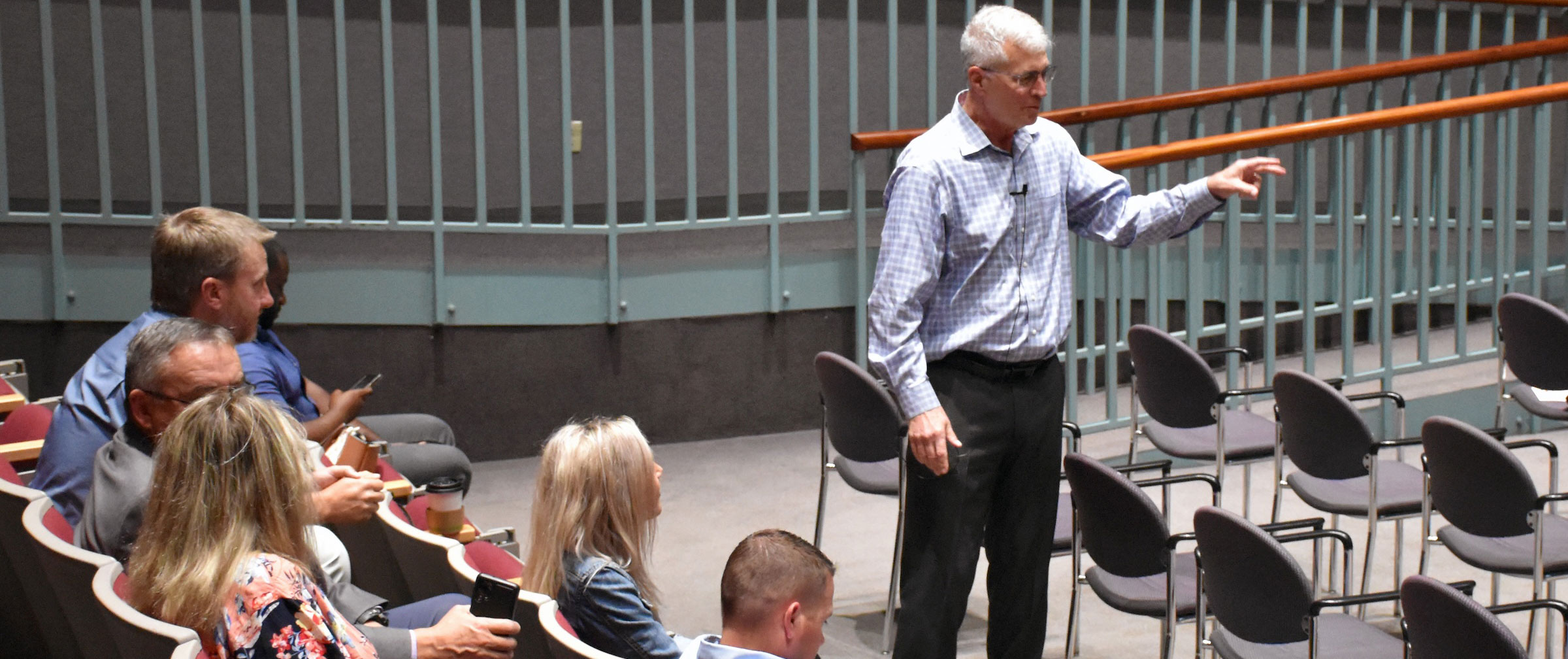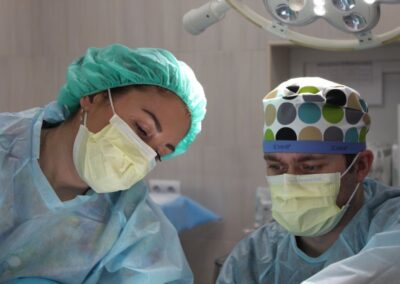The following blog focuses on physician reflection: would you take advice from you?
Last week I wrote a blog that posed the question, if you as a physician were to look yourself up on the Internet, would you allow that person to take care of you based upon what you saw there. It is clear that what is posted on Internet sites may not at all be representative of the true merits of that physician. But what is on the Internet is on the Internet. And once something is posted on the Internet, it is there forever. Although we cannot control what is posted, there is a great deal we can learn about how we could be perceived by our patients by simply looking ourselves up. Perception is reality even in cyberspace.
So today let me pose a second question:
If you were to look at yourself in the mirror, would you follow the medical advice of that person you are now looking at?
Health care providers spend a great deal of time counseling patients. It is a fundamental and very important part of patient care. In particular, a great deal of that time is spent in talking to individual patients about their disease management and risk factor reduction. How many times have you told a patient to stop smoking? How often have you asked a patient to lose weight?… and the list goes on.
Bottom line and put directly, do we practice what we preach? What kind of role model do we present to our patients? And is it our job to even be a role model in the first place?
I for sure concede that I am less than ideal. I’m afraid I could lose a few pounds. I could probably eat a healthier diet and I surely could exercise more. No doubt, I am far from the perfect model, although I do try to live a healthy lifestyle.
Now picture yourself taking advice from yourself. How credible would you appear? I am assuming you would have the professional credibility. Few would dispute your knowledge about the topic; physicians have spent many years learning and reciting the material. But do you demonstrate in your life what you tell your patient….. Are you “walking the walk” instead of “talking the talk”.
Regardless of whatever you may say to the patient, what message are you giving that patient by your personal example. Years ago I remember talking to a cardiologist in the parking lot about how many of his myocardial infarction patients continue to smoke despite his counseling and despite the many studies he might throw in their face. “They must have some kind of death wish.”, he said, lighting up a cigarette himself. I simply smiled at him and told him that apparently these patients are indeed taking his advice.
When I signed up for medical school I did not sign up to be someone’s role model. The fact is that patients do look up to their health care provider. We are a role model to our patients whether we like it or not. Communication involves many aspects, among them verbal and non-verbal components. The message we communicate indirectly through our actions is equally if not more powerful that the message that we give professionally. Could we be less effective as physicians if we are not also practicing what we preach? Since the patient considers the caregiver the expert, if they perceive that we do not value the advice we give in our own lives, why should they value that advice in their lives.
Just something to think about. As perception is reality on the Internet, so is perception reality in the rest of our life. Our personal actions can be taken by the patient as a sign what we truly hold important. Maybe actions do speak louder than words, even when wearing a white coat.
So when you look at yourself in the mirror, take note. Can you better exemplify in your life the powerful advice that we are privileged to communicate to those dependent upon us.
Would you be willing to take medical advice from the person you are looking at in the mirror?




